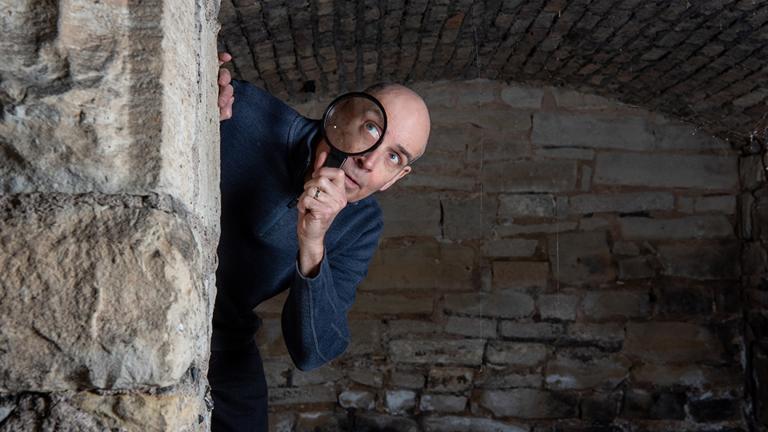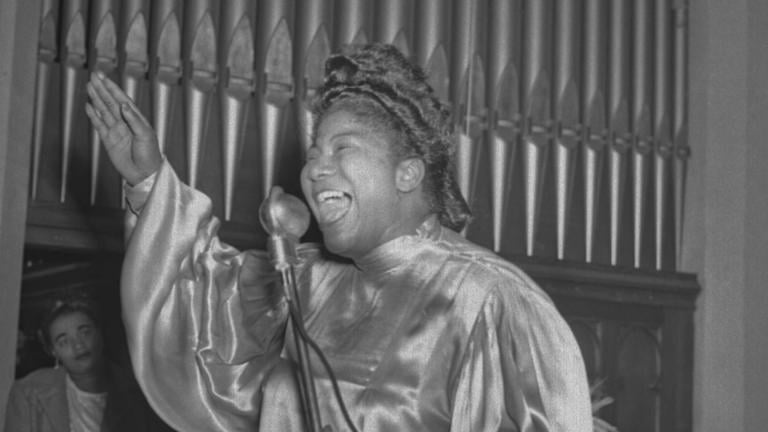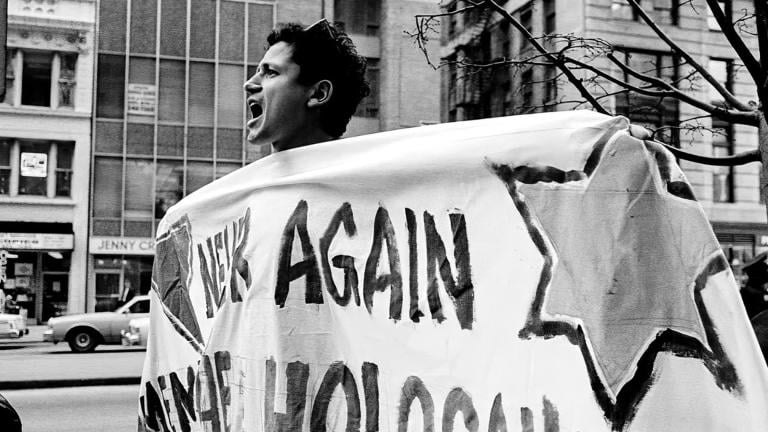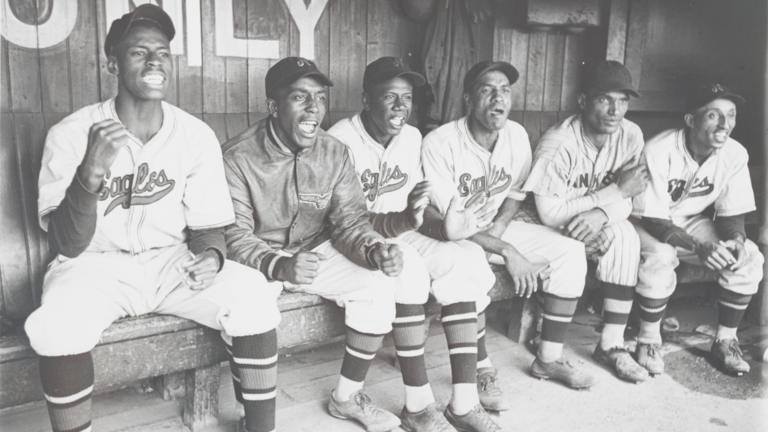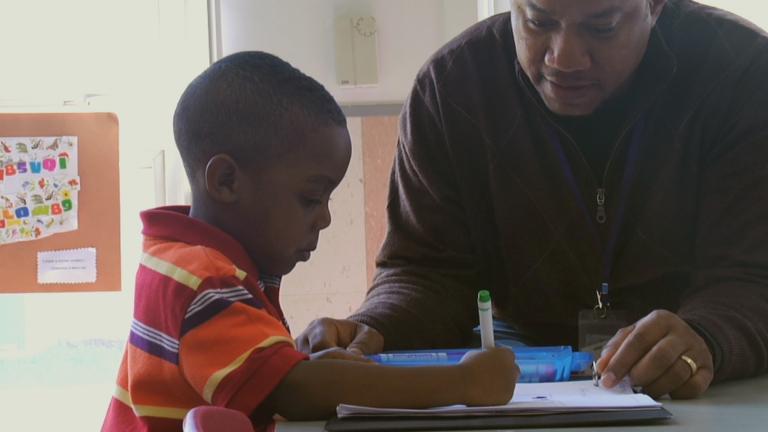The new five-part documentary series “Asian Americans” hits the PBS airwaves Monday.
From stories of Chinese railroad workers helping to complete the transcontinental railroad to the success of Asian American politicians and activists, the series is broad ranging and grounded in individual stories as it highlights the experiences of people from India and Turkey as well as China, Japan, Korea and the Philippines.
The series producer is Chicago-born filmmaker and Oscar nominee Renee Tajima-Peña, director of the 1987 film “Who Killed Vincent Chen?” Tajima-Peña is Japanese American, and a connection to a family in her grandfather’s church led her producing team to an archive in Chicago.
In a conversation published Saturday in the Rafu Shimpo, a Japanese newspaper based in Los Angeles, Tajima-Peña recounts that her grandfather, Kengo Tajima, a Yale-educated theologian, knew the family of Edison Uno, a San Francisco-based activist who started one of the country’s first Asian American studies programs at the University of California, San Francisco, before he died in 1976. As a teen, Uno and his parents and siblings were held at Crystal City Internment Camp in Texas. It was one of many camps housing Japanese Americans against during World War II, and they are often described as “American concentration camps.”
Uno pushed for reparations to the people who were detained.
The producers were looking for videotape of the Chicago-area hearings of the Commission on Wartime Relocation and Internment of Civilians (CWRIC) at Northeastern Illinois University on the city’s Northwest Side. The hearings were part of the effort in 1981 to grant the reparations for which Uno had been pushing. In particular, the producers wanted the testimony of Uno’s sister, Kay, who had also been held at Crystal City.
“One thing we’re all really proud of: the historian Ryan Yokota, who is based in Chicago, told us that someone had found 50-plus videotapes of the Chicago CWRIC hearings!” Tajima-Peña told Rafu Shimpo. “No one had seen it, and for all we knew, they were rotting there after almost 40 years.”
NEIU archivist Hanna Ahn had also heard about the tapes. Transcripts of them were in the library’s collection, but no one had seen the tapes for decades. When Ahn became archivist in 2014, her predecessor, archivist Dario Villa, handed her hundreds of boxes of old media donated by the school’s media studies the year before. Both Villa, and later Ahn, were fairly certain the CWRIC hearing tapes were in there; they just didn’t know where.
With limited funds, space and staff, it would take Ahn a while to locate the CWRIC tapes.
She and her staff of interns slowly worked through the material. Even in 2017, three years later, when the Alphawood Foundation approached her about including the tapes in its exhibition on the history of the Japanese American incarceration, “Then They Came For Me,” she had to tell them she couldn’t help. At the time, Ahn still didn’t know where the tapes were.
Then in 2018, they came across a box labeled “JACL, 1 of 6,” that she thought just might be what they had all been looking for. JACL is an acronym for Japanese American Citizen’s League, a civil rights organization with a Chicago chapter. It was filled with ¾-inch U-matic tapes with peeling labels. Once she watched one of the tapes, she knew she had it.
“The tapes looked like they were in better condition than other tapes I’ve encountered,“ Ahn said, expressing optimism about restoring this piece of history. “It still took me a month to locate the other five boxes!”
Ahn was waiting on a grant to be able to restore and digitize the material when Yokota, working with the Japanese American Service Committee (JASC), put her in touch with a member of Tajima-Peña’s team, Gena Hamamoto from Flash Cuts, a post-production house in Los Angeles.
“Gena wanted to know if we had the testimony of Kay Uno Taneka. I explained I was still waiting on the grant to do further work. Flash Cuts offered to provide the funding to digitize the entire collection of 62 tapes in exchange to be able to use that specific testimony in the series.”
Documentary producer Tajima-Peña supported the decision. “We wanted to use her testimony [Kay Uno Taneka’s], but we also knew the whole batch was an invaluable archive. So we immediately arranged to have the tapes preserved and digitized,” she said.
While some of the tapes had disintegrated, Ahn determined there were redundancies and that the entire hearings, which took place on Sept. 22 and 23, 1981, could be digitized. They are now online and viewable.
“We are very grateful to JASC for connecting us,” said Ahn. “These community partnerships are quite important.”
WTTW viewers can watch the full “Asian Americans” series in two nights, starting at 8 p.m. Monday and Tuesday.


